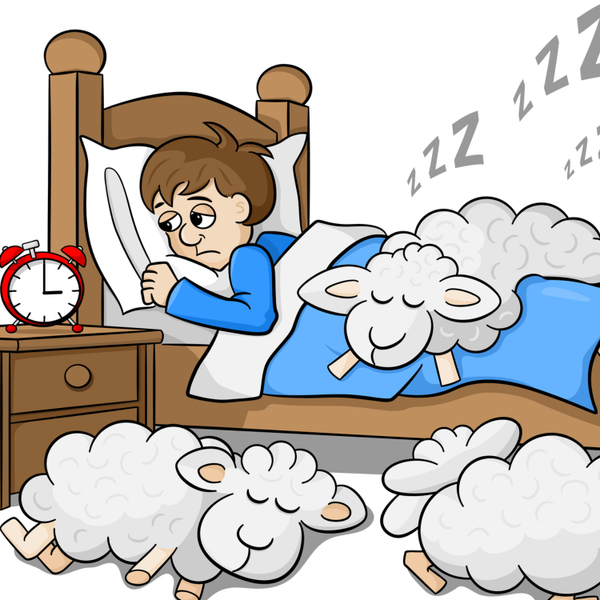
Helping your child sleep better.
The number of children being prescribed the previous jet lag hormone melatonin to help their child sleep has nearly tripled in the past seven years.
Melatonin is indeed not a sleep hormone but a biological marker of darkness.” For example, in humans and other diurnal animals, the release of melatonin into the bloodstream helps prepare the body for sleep.
A recent study from the Netherlands suggested that teenagers’ sleep problems can improve after just one week by limiting evening exposure to light-emitting screens on mobile phones, tablets and computers.
Overexposure before bedtime to blue light emitted from devices can affect the brain’s clock and the production of the melatonin hormone, resulting in disrupted sleep time and quality.
So is sleep medication being overused by children?
Speaking to Colin Espie, a professor of sleep medicine in the Nuffield department of clinical neuroscience at the University of Oxford, is one of many leading experts worried by this trend. “We seem to be socialising our youngsters into the idea that sleep is difficult, and you need tablets for it,” he says. Instead, he explains, our focus should be on helping them to establish healthy sleep patterns at home.
As stark new NHS figures show, children are experiencing an epidemic of sleeping problems amid a sharp decline in their mental health triggered by the pandemic. Insomnia can exacerbate an underlying mental or physical health problem.
Emma Thomas, YoungMinds’ chief executive, said: there is alarming pressure young people face with their mental health, with many experiencing isolation, loneliness, and reduced support caused partly by the pandemic.
Here are some valuable tips.
Prepare children’s minds for sleep (even your three-year-old can meditate)
If we want children to sleep naturally, teaching simple, mindful noticing skills can be helpful, says Dr Guy Meadows, co-founder and clinical lead at the London clinic Sleep School. At Sleep School, children as young as three are taught to meditate. “You don’t tell them they’re meditating and put their favourite teddy on their tummy, lie on the floor with them, and they just watch the teddy go up and down.” It calms the mind, preparing it for rest.
You might also ask: “What are you grateful for today?” The important thing is that “we’re shifting the mind into a state more conducive to sleep”.
Don’t tell your nine-year-old to ‘go to sleep now!
We see an increase in sleep anxiety in children from the age of six, Meadows says — “an explosion of the mind’s ability to create worry”. Meanwhile, almost all parents tell their children, “It’s time to sleep!” or “Get to sleep now!” If a child is struggling, that can pressure them. Instead, say: “Let’s just see if you can rest.” Every child can rest. Rather than insist they sleep when you know they’re not ready, Espie asks: “How can my child have some quiet wakefulness?”
It’s essential to be a good role model, Meadows says. “You can’t expect your children to be off their devices if you’re sitting in bed watching Netflix, scrolling through your phone.”
Let your anxious seven-year-old sleep in your bed.
When primary-age children are anxious and sleepless, they often seek comfort in their parents’ beds. And many parents let them — for months. They often feel as if this is some failure. It’s the opposite, Espie says. No parent should feel guilty about this. Treating your child’s sleep issue as a shared responsibility takes effort and is the right thing to do. You’re guiding them towards better sleep habits. “This is about habit training,” he says.
In this situation, your child’s initial habit is struggling to settle and be awake alone in bed at night. They are stressed and need reassurance.” Letting him sleep with you solves that problem and breaks that habit.
Mental Health Training
More information in https://mentalhealthtraining.info/